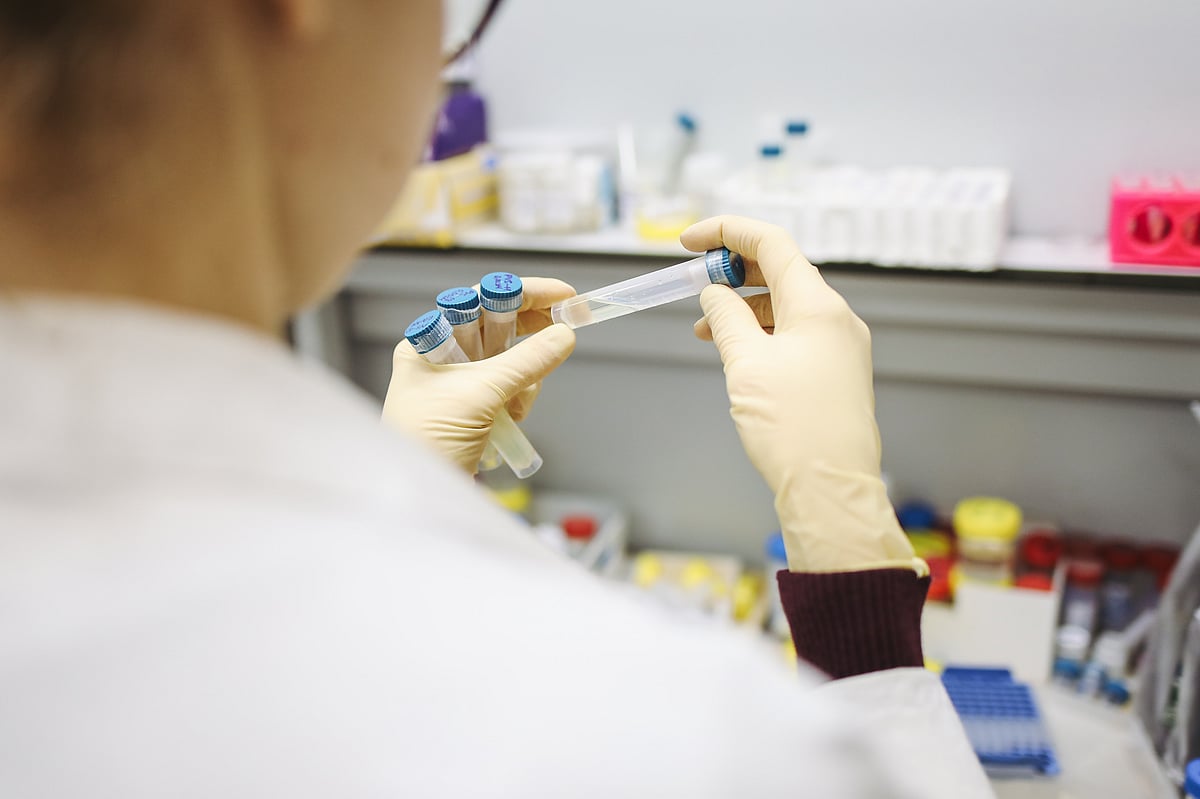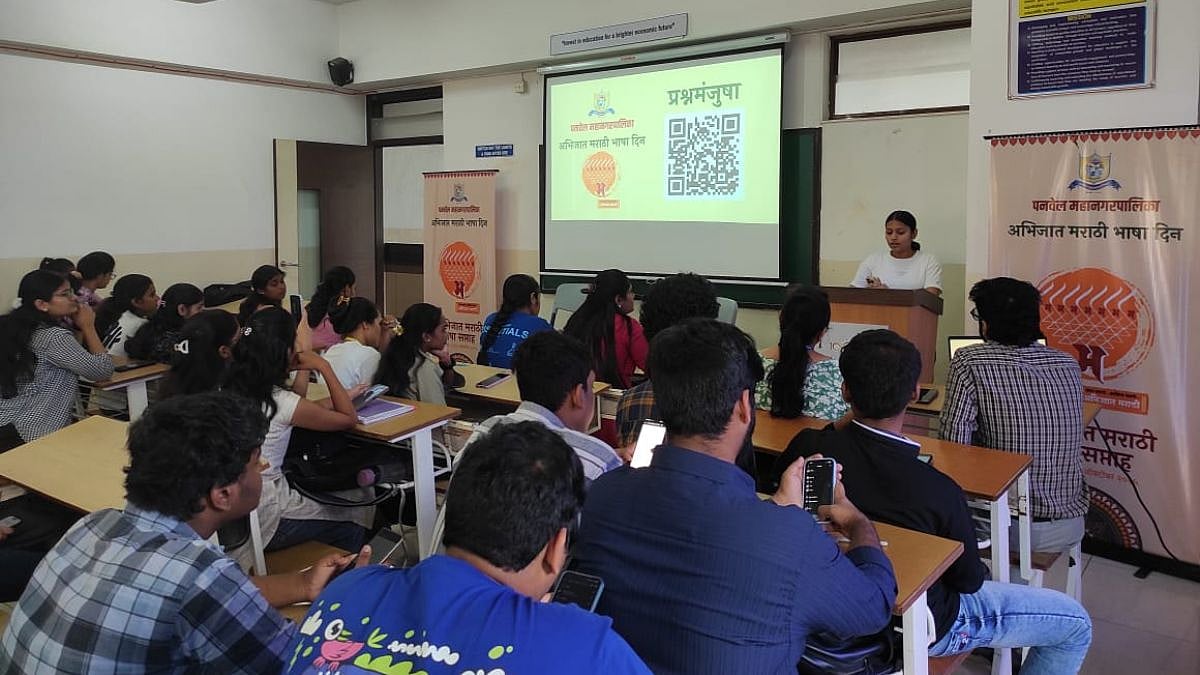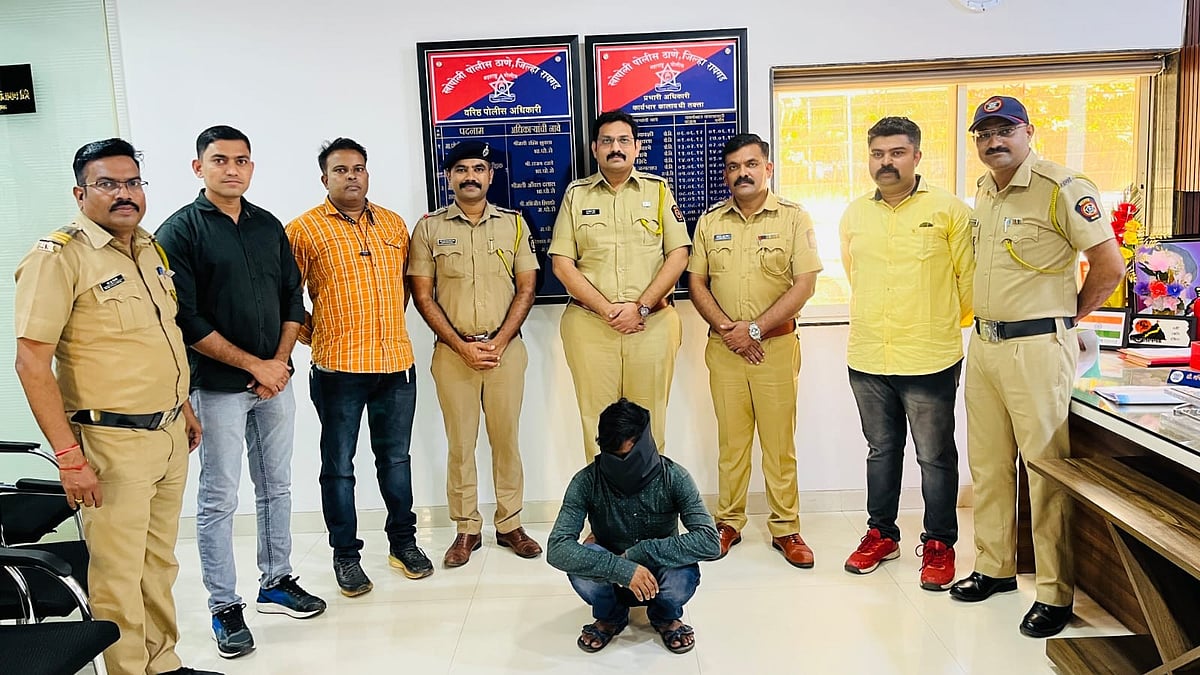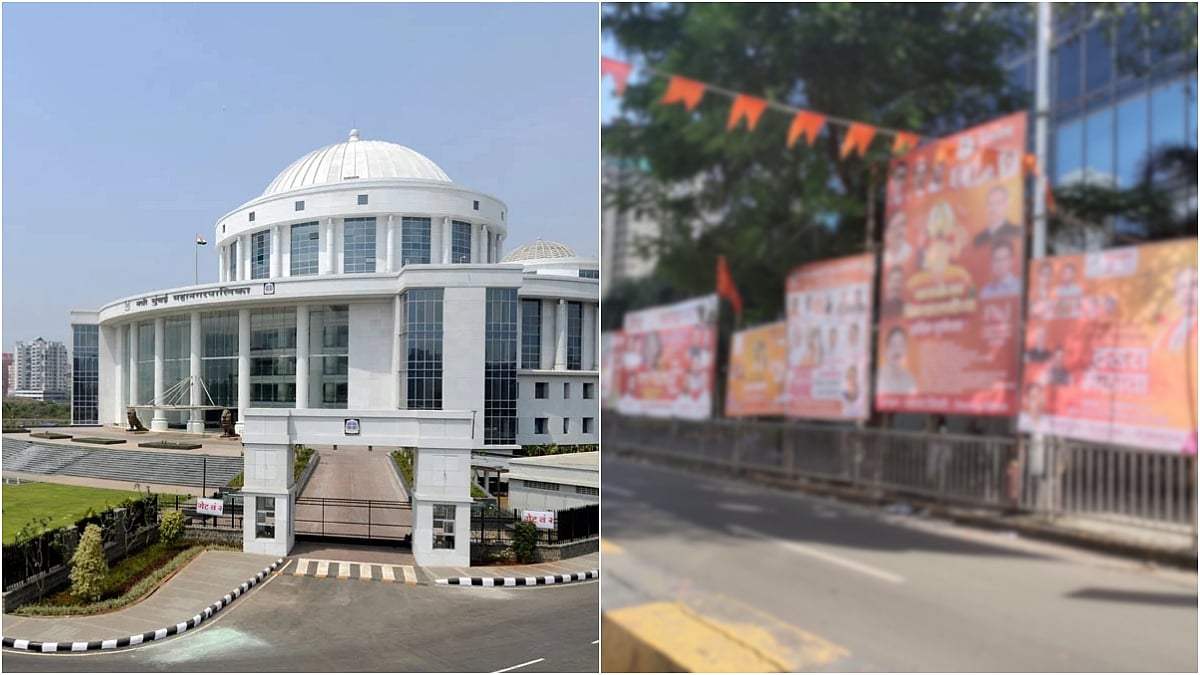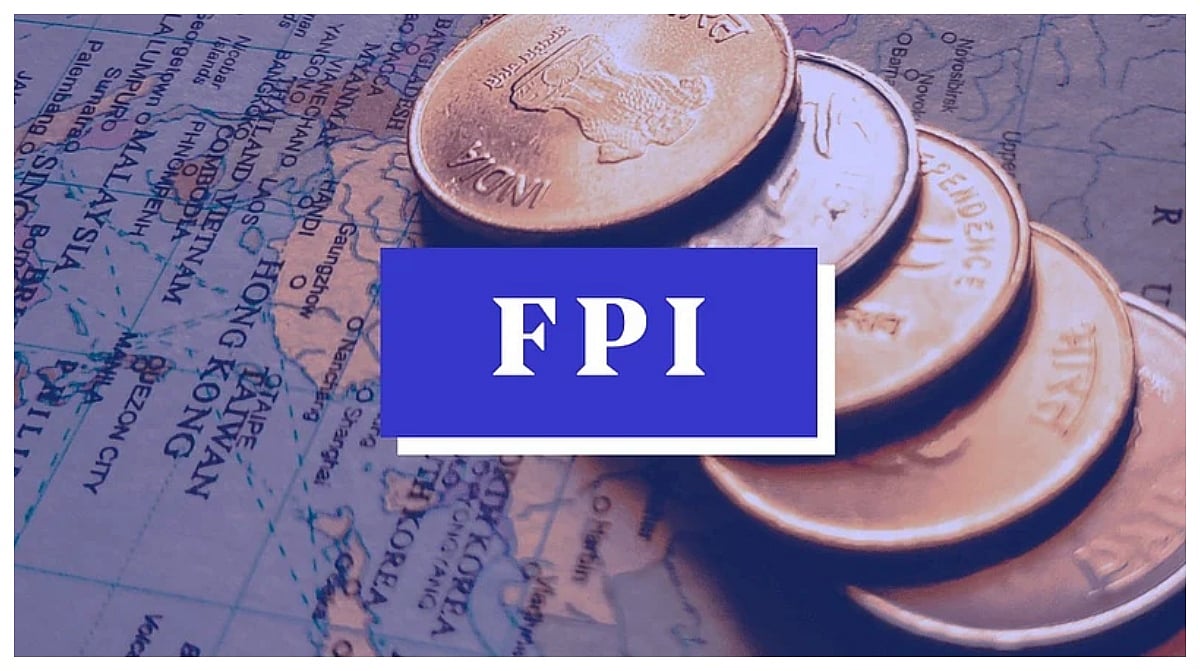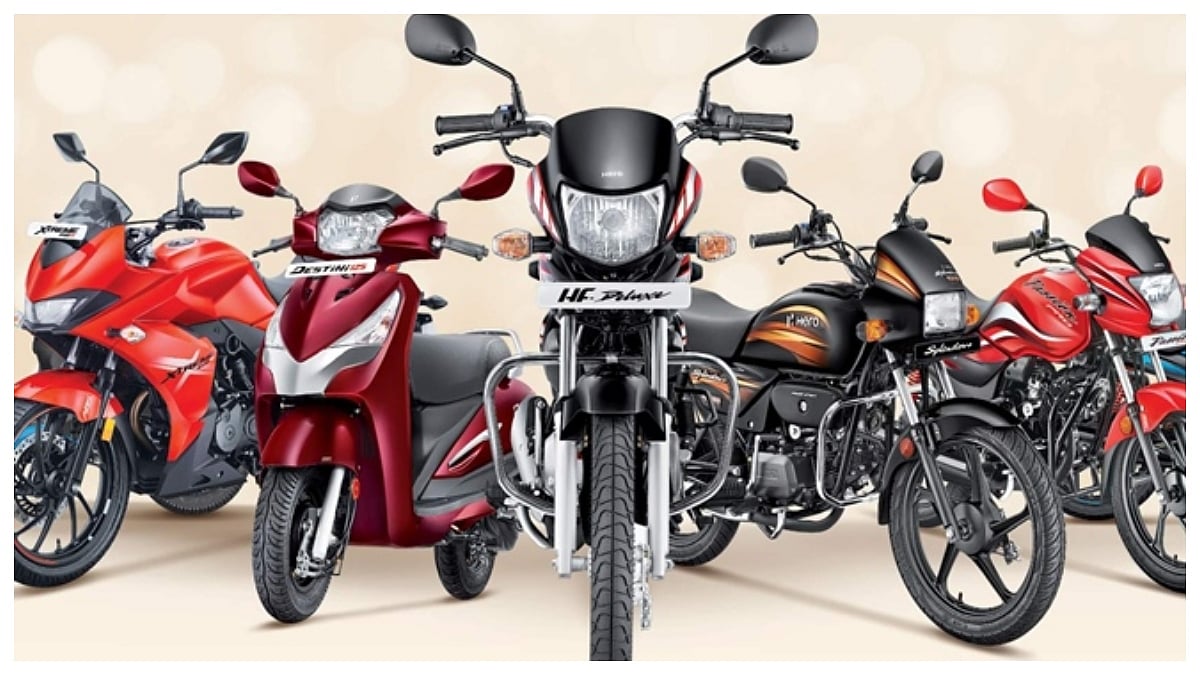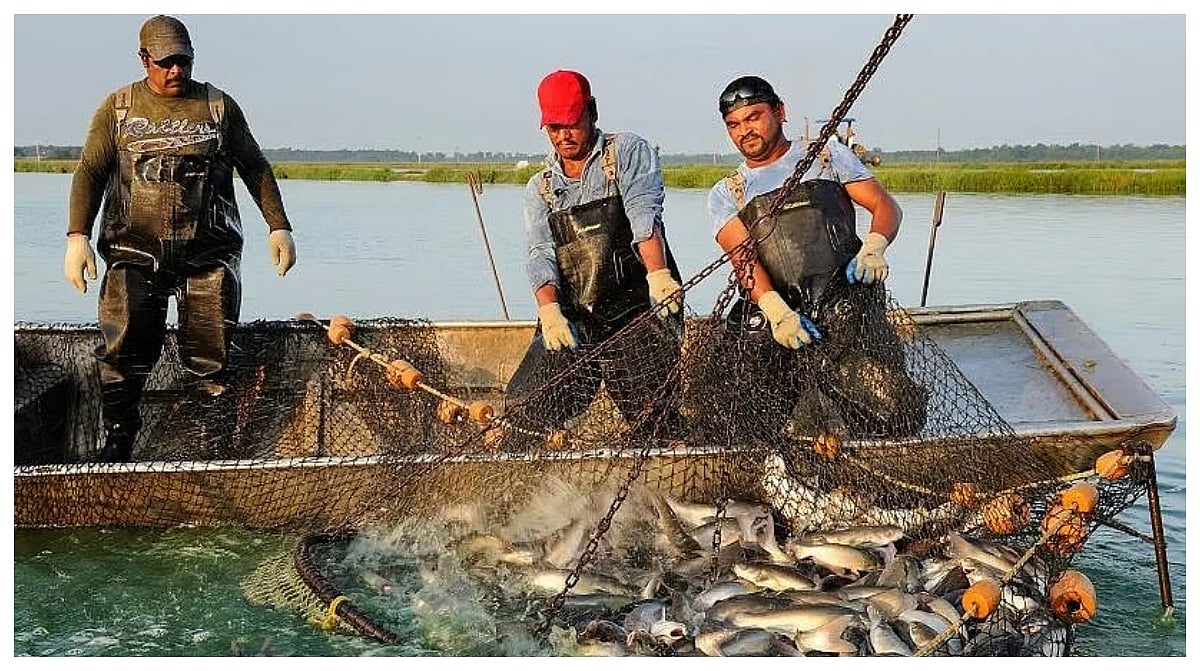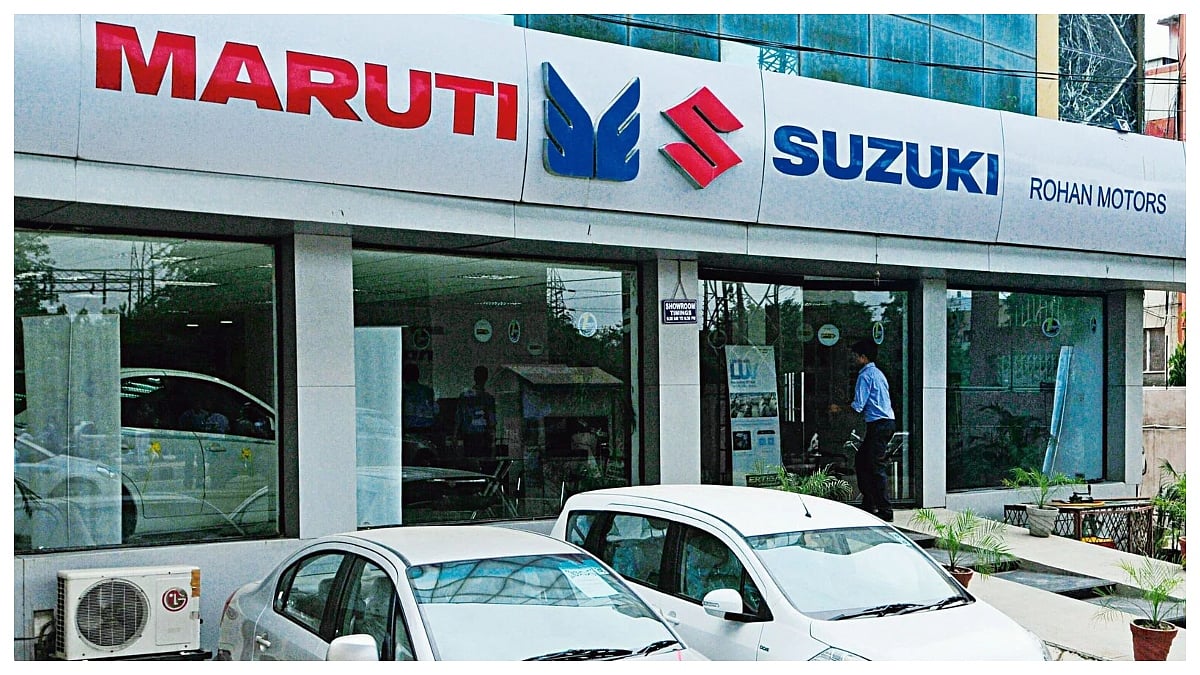COVID-19 testing kits manufactured in Germany, India, South Korea and The US have started to make things easier for laboratories in India. Until last week, there was a shortage of testing kits. But as the problem of shortage seems to have now been sorted, a new situation has left the laboratories perplexed.
Free testing: Who pays
With a view to encouraging more testing, the Supreme Court in its interim order has suggested the government should make COVID-19 testing by private laboratories free of charge. Thyrocare’s Vice President Chandrasekar Mani is of the view that in case of free testing the government will have to pay the private laboratories, or else how will the private laboratories function. There are costs involved like transportation of the swab samples, PPE has to be changed for every test, cost of the kit, among other costs. For most laboratories, the pricing of PPE has been already hurting them.
“For free testing, the government will have to either float a tender or reimburse the test cost.”
The whole idea of free of charge testing is a complex endeavour with the government considering extending it under Ayushman Bharat, but that scheme is only valid to some underprivileged population. Sushant Kinra, COO, Suburban Diagnostics, said, “There needs to be a plan before introducing free testing under Ayushman Bharat scheme.” The reason is again the reach of the scheme is still limited.
Through several Twitter posts, Biocon, chairperson, Kiran Mazumdar Shaw, has stated that the apex court judgement asking free of cost COVID 19 testing is an unviable option and that these laboratories need cash flow to run their operations.
As of now, private laboratories are allowed to charge up to Rs 4,500 and government laboratories are doing it for free.
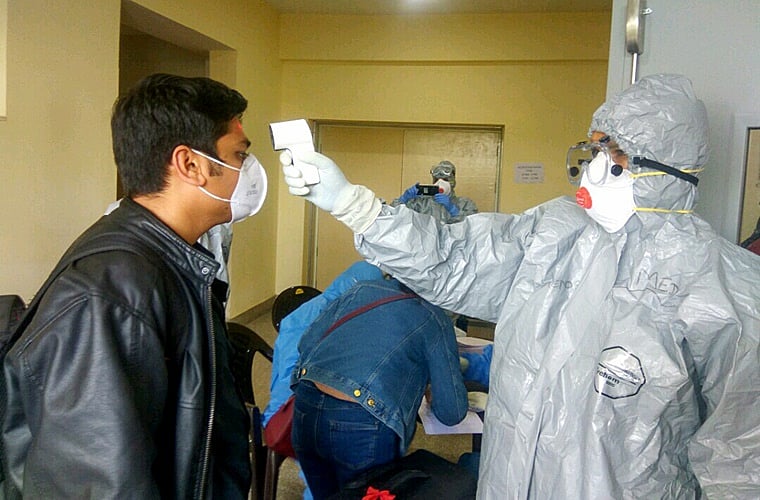
Supplies of kit
The supplies of the kit have started to improve and that has come as a relief at this time for the laboratories. Speaking to The Free Press Journal, Mani said, “While the supply of kits is getting stabilised, the challenge is with Personal Protective Equipment (PPE) now. We hope gradually that will stabilise too.”
Adding to this, Sushant Kinra, asserted, “We expect more supplies to come in. At present, around 10 lakh kits have been imported by India.”
Even though there are kits imported from various countries, laboratories in India are avoiding the use of Chinese kits. A private laboratories representative said, “There are many Chinese companies that have the right approvals in place. But we are looking at credentials and with Chinese kits that are not quite good. Thus, we avoid giving those kits any preference.” However, a laboratory spokesperson said if the need arises, then they will opt for it, but that would happen only after the laboratory conducts their own validation process.
More tests
The government stated that about 15,000 COVID-19 tests were conducted per day by 165 laboratories. So far, India has tested around 1,44,910 samples. However, there is a need to test more. “We as a country have to do more tests. At present, we are at the bottom of the curve. We will know if our population is infected by doing more tests.” Kinra stressed, “We have to open up and do extensive testing. In the case of massing testing, there is a need to build capacity first. I feel mass testing is not an answer to this pandemic but more testing.”
He claimed that for mass testing to take place either the government has to come forward with pooled resources or there should be a private-public partnership.

Many coming out
Mani admitted that Thyrocare has seen a 25 per cent increase in testing. Initially, many private laboratories received a large number of calls from people requesting tests, even though they did not meet the requirements. “It is an expensive test and also the Indian Council of Medical Research (ICMR) has listed down criteria for getting tested. So, we discourage people from getting tested.”
On a regular basis, ICMR has been updating strategy for COVID 19 testing. The recent circular stated people having symptoms like fever, cough, sore throat and runny nose and residing in hotspots or cluster areas and in evacuee centres, can go for COVID-19 testing.
In hotspots or clusters and in large migration gatherings and evacuee centres, all symptomatic illness will be tested for rRT-PCR (Real-Time Reverse Transcription-Polymerase Chain Reaction) within seven days of illness and after seven days of illness, antibody test will be conducted if negative, confirmed by the rRT-PCR test.
ICMR has ordered five lakh rapid antibody testing kits mainly to conduct mass testing in hotspots. Commenting on the rapid antibody test, Mani stated antibody testing is not to diagnose infection but to check if a person’s blood developed certain antibodies, indicating that they were infected by the virus and have recovered. Meanwhile, Kinra explained it can be used in hotspot and containment areas. “But the only way to know if a person is infected or not is rRT-PCR."
